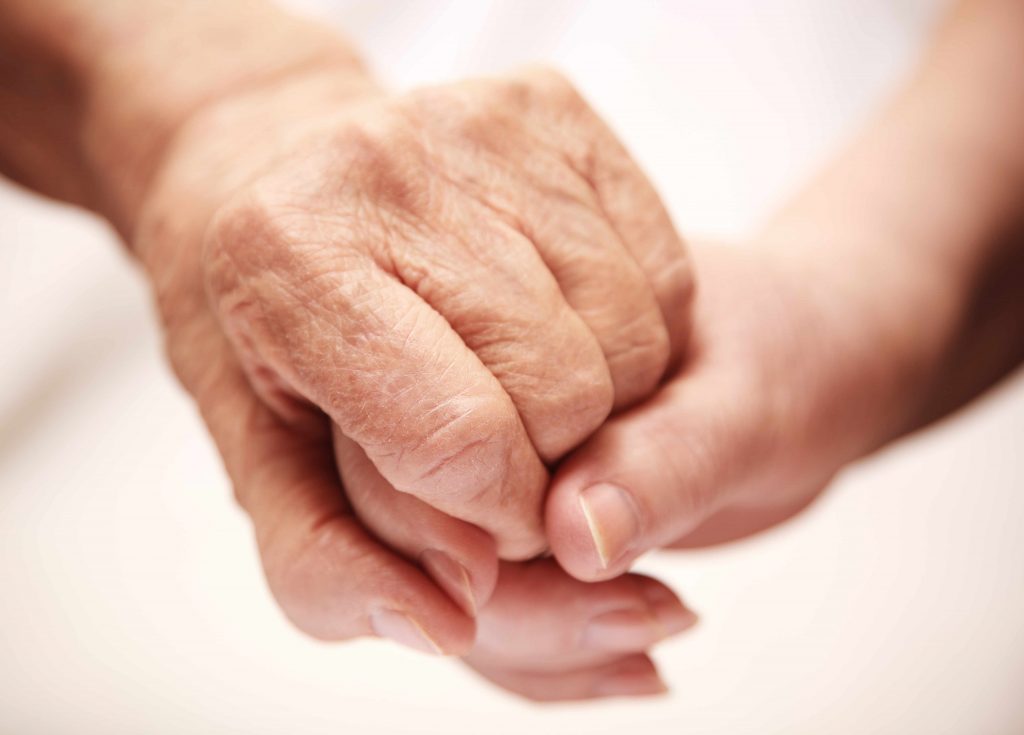-
Featured News
Housecall: Caring for a dying loved one
 THIS WEEK'S TOP STORIES
THIS WEEK'S TOP STORIES
End of life: Caring for a dying loved one
When someone you care about is approaching the end of life, you might not feel prepared. Understanding what to expect — and what you can do to increase your loved one's comfort — can help. Here's what you should know.
Breast lumps: Early evaluation is essential
Even though breast lumps are common and usually not cancerous, it's important to get them checked out. Know what to expect during a clinical breast exam — and what happens when a lump needs further evaluation.
EXPERT ANSWERS
Air pollution and exercise: Is outdoor exercise risky?
While aerobic activity is one of the keys to a healthy lifestyle, air pollution and exercise can be an unhealthy combination. Take these precautions before you get moving outside.
How many hours of sleep are enough?
How much shut-eye you need depends on a variety of factors, including age. These general guidelines may help.
PLUS ADDITIONAL HIGHLIGHTS
Low blood pressure (hypotension): Symptoms and causes
What are probiotics?
Video: Mayo Clinic's accessible app
Age spots (liver spots): An overview
HEALTHY RECIPES
Brown rice pilaf with asparagus and mushrooms
Coconut shrimp
Spicy snow peas
Asian vegetable salad
HEALTH TIP OF THE WEEK
Don't go overboard for coconut water
Coconut water is the clear fluid inside a coconut. Because it has natural electrolytes, such as potassium, sodium and manganese, it's popular for rehydration after exercise. But 8 ounces of coconut water has 45 to 60 calories. If these calories put you over your daily calorie limit, you could easily gain 5 to 6 pounds a year. So, while coconut water may be comparable to some sports drinks, plain water is still the smart choice for a calorie-free drink after your workout.
Need practical advice on diet and exercise? Want creative solutions for stress and other lifestyle issues? Discover more healthy lifestyle topics at mayoclinic.org.
NOW BLOGGING
Nutrition-wise: Omega-3 fatty acids and heart disease
If you're worried about cardiovascular disease, take a look at your diet. Find out why eating fish twice a week may help your heart.
Receive a free e-subscription to Housecall and other health newsletters.
Related Articles







